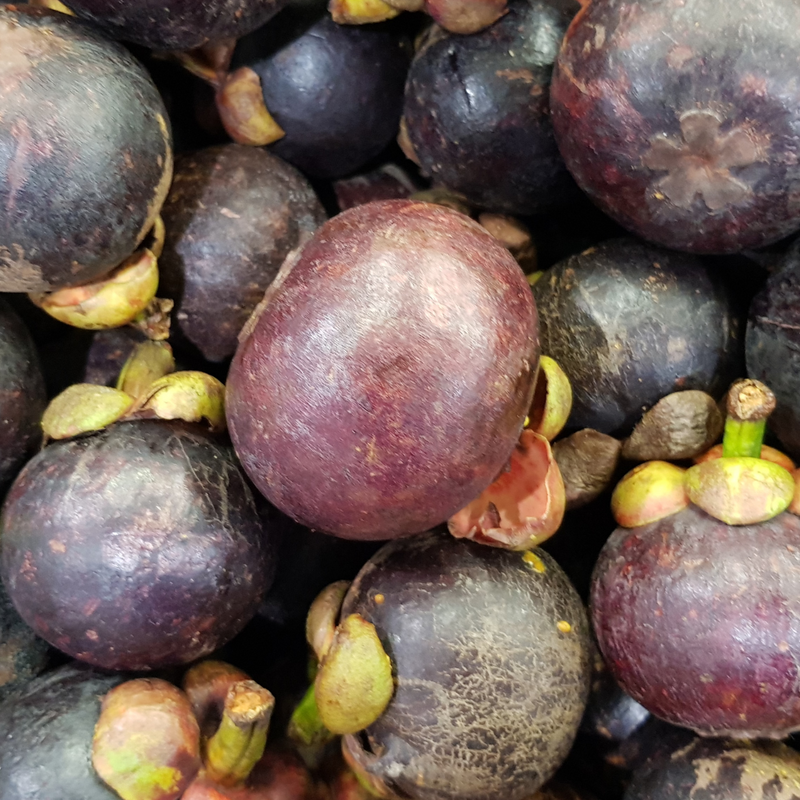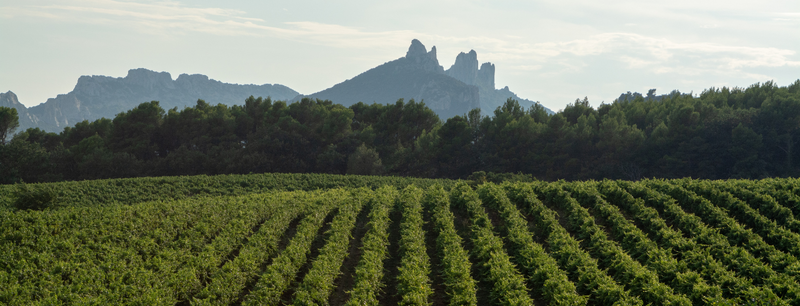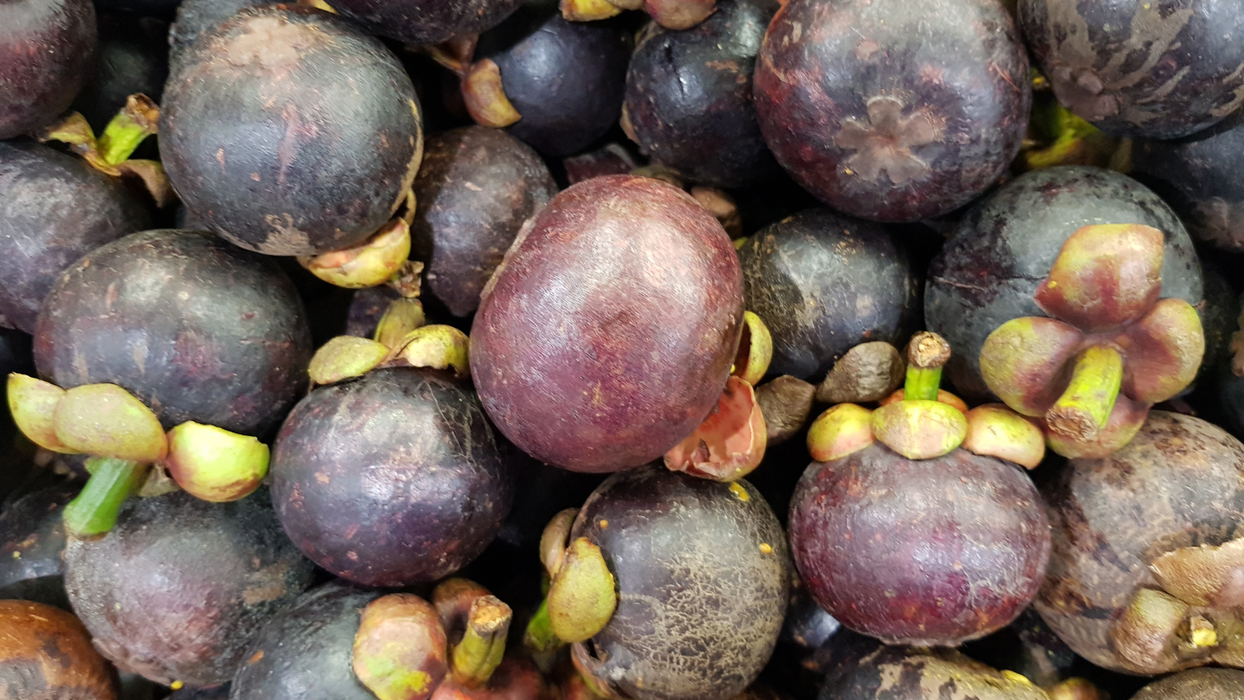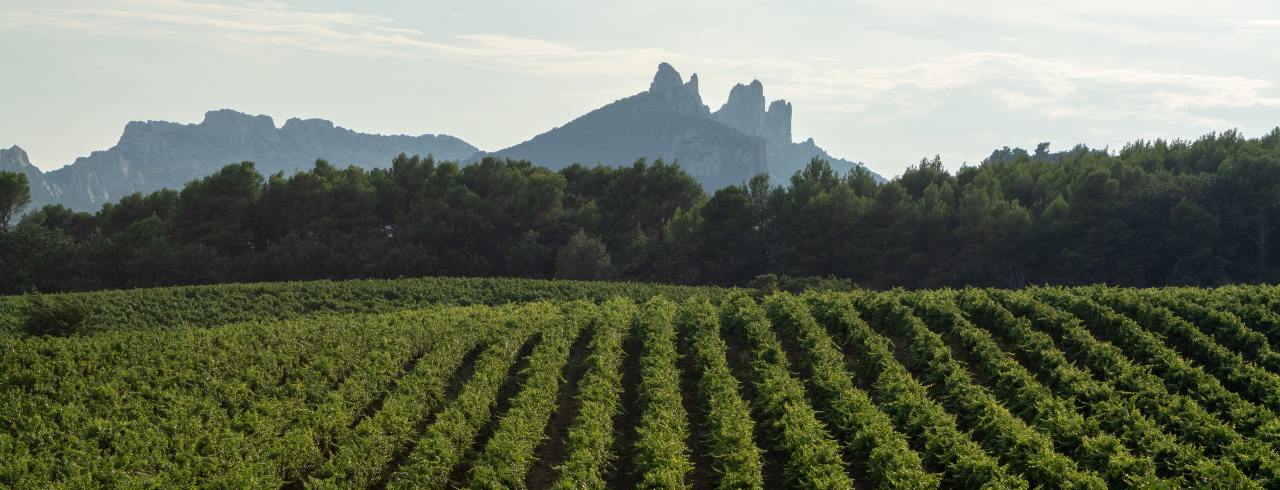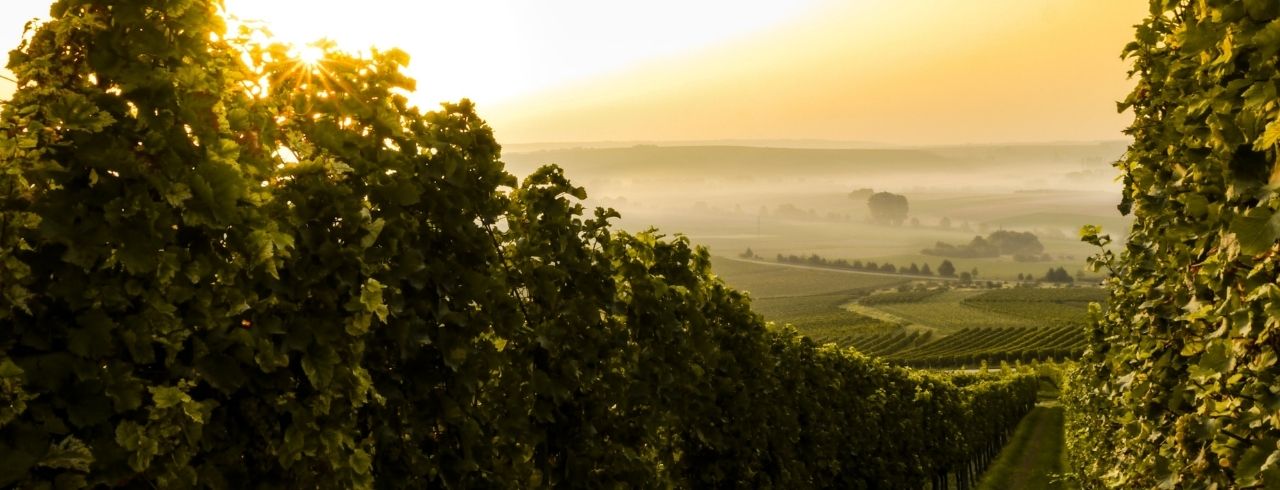
What Makes Wine Sustainable?
With the world facing the enormous challenges of climate change, wine drinkers may begin to question how their glass of wine may be affecting mother earth.
Similar to other industries adapting to make a difference, vineyards and wineries are finding new and exciting ways to create quality “sustainable wine.”
So, what is sustainable wine? Don’t worry; we’ve got you covered. Keep reading for an in-depth dive into sustainable wine and how you can start choosing your nightly glass of wine with mother earth in mind.
What Is Sustainable Wine?
Sustainable wine is the product of a winery's eco-friendly farming and winemaking practices. In order for a wine to gain this status, an independent third party must be hired. If a winery meets the required standards, the third party will give an organic certification to the winery.
Each country contains a different form of certification. Some official certifications you can keep an eye out for:
- USDA Organic
- EU Organic
- Certified California Sustainable Vineyard and Winery (CCSW)
There are organizations that strive to improve social responsibility among vineyards and wineries. For instance, the California Sustainable Winegrowing Alliance was created to ensure environmental stewardship and social responsibility among Californian vineyards and wineries.
Sustainable Vineyard And Winery Practices
Several practices are used so a vineyard and winery can create their product without causing damage to the environment. We have listed three prevalent methods: water conservation, reducing carbon emissions, and using sustainable packaging.
Water Conservation
Vineyards can use up to 600,000 gallons of water for growing grapes! It should also be noted that winemakers must purify all of it, so they can use the water for a variety of things.
Instead of including additives in their water, vineyards have organically grown grapes thanks to a water conservation system. This allows them to naturally purify their water through awareness training, practice, and process implementation.
Reducing Carbon Footprint
Along with many other businesses who sell and ship products, wineries affect greenhouse gas levels. With this in mind, wineries must work to reduce their carbon footprint.
They can achieve this by purchasing green electricity, improving energy efficiency, adopting electric vehicles, reducing fuel consumption, and reducing air shipments and travel.
Sustainable Packaging
Glass bottles and jars have become strong parts of a wine’s image. More specifically, their elegant design, heavy weight, and protective nature have become largely associated with wine. It is hard to imagine a wine without a glass bottle to accompany it.
However, wine bottles are not the most eco-friendly. Heavier wine bottles are usually created with more glass. As a result, more raw materials are used. This leads to an increased travel time when shipping bottled wines to other countries and a higher amount of greenhouse gases.
In order to reduce greenhouse gas emissions, wineries have swapped out their older packaging for newer, sustainable ones. For example, winemakers have begun to incorporate recycling programs into their establishments. Rather than letting old bottles or broken glass go to waste, wineries turn them into recycled material.
By using glass bottle recycling, wineries lighten the weight of their bottles. This allows easier travel and less greenhouse gas emissions during shipping.
Difference Between Sustainable Wine And Regular Wine
One common question arises: what is the difference between sustainable wine and your average bottle of wine? Other than the methods employed to create them, there are not many distinctions between the two.
One sharp difference is how vegan-friendly each wine is. Some winemakers will add fining agents to the wine before completing it. Fining agents enhance or diminish certain qualities from a wine––such as its flavor, aroma, clarity, and/or color. They can consist of animal derivatives, like milk proteins.
Keep in mind: not all sustainable wines are suitable for vegans. Similar to regular wines, sustainable wine can contain milk proteins or other animal products. All in all, pay attention to wine labels at wine stores and read the descriptions of a product when shopping online.
Get To Know Sustainable Wine
Sustainable wines offer several benefits for you and the environment. Their 100% recyclable glass bottle and decreased greenhouse gas emissions give us another way to help our beloved Earth.
If you are interested in purchasing some sustainable wine––or if you specifically want sustainable or vegan wine––check out our selection.
